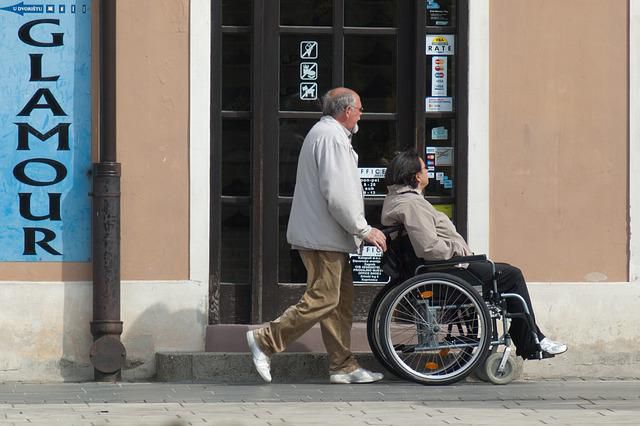A disabled person may feel like they have lost their freedom and independence as a result of their disability. However, many individuals in this group have fought hard to hang onto their autonomy, whether it is the ability to make themselves a cup of coffee or having their choices respected. With determination, you can play an active role in regaining your independence.
Financial Independence
Of the 61 million adults in the US that are disabled, 4.7 million(7.7%) have found part-time work from home and most are occupied at least half of the normal working hours. The jobs they have found include graphic design, bookkeeping, transcription, medical billing and coding, virtual assistance, customer service, and writing. While less than eight percent of disabled people are employed, many may never have considered the possibility.
If you have a certain skill, see if you can turn it into a career. One teacher who was disabled after a stroke used her former experience and qualifications to help individual students with remedial lessons. Although she doesn’t earn the same wage that she did as a full-time schoolteacher, nevertheless, she has an income, and this makes her feel more independent.
You may receive a disability benefit that provides you with some financial security and independence. If not, check whether you qualify for a disability program here.
Physical Independence
Depending on the extent of your disability, remaining physically active is important to being as independent as possible. If you can accomplish a task by yourself (with or without a few adjustments) this will increase your mobility. While it is possible to rely on a carer and cleaner for most of your needs, do you really want to give away all your independence?
Start small. For example, determine that you will get out of bed by yourself every morning. One of the adjustments you may have to make to conquer this feat is to get an adjustable electric bed. This will provide additional comfort and may relieve pain as it can be positioned at different angles and positions.
Choose tasks to perform that will give you a sense of pleasure and independence. If you can tackle the in-between steps one at a time, you could eventually be able to make yourself a cup of coffee without asking and waiting for it. Again, it may be necessary to adjust the environment to facilitate this. For example, if the kettle is too high for you to reach, a wall socket can be installed at a lower level, or your carer could prepare a flask of hot water for you.
Likewise, bathrooms and toilets should be adjusted to accommodate your needs and help you remain as independent as possible.
Support Versus Control
The disabled person often has to rely on family members or a carer to assist them with many of the activities of daily living. In their eagerness to assist, carers may try to do everything for their charges rather than letting them continue to do the things that they are still able to do. It may take you longer to perform a task than before, and you may find it more challenging. But it is worth persisting until you succeed.
Whether you are living with family or are in assisted living St Louis, your carers must understand that independence is important to you. They also need to respect the choices that you make for yourself.
Choose to retain or regain as much independence as possible.

Reblog It collaborates closely with clients to develop tailored guest posting strategies that align with their unique goals and target audiences. Their commitment to delivering high-quality, niche-specific content ensures that each guest post not only meets but exceeds the expectations of both clients and the hosting platforms. Connect with us on social media for the latest updates on guest posting trends, outreach strategies, and digital marketing tips. For any types of guest posting services, contact us on reblogit.webmail[at]gmail.com.
